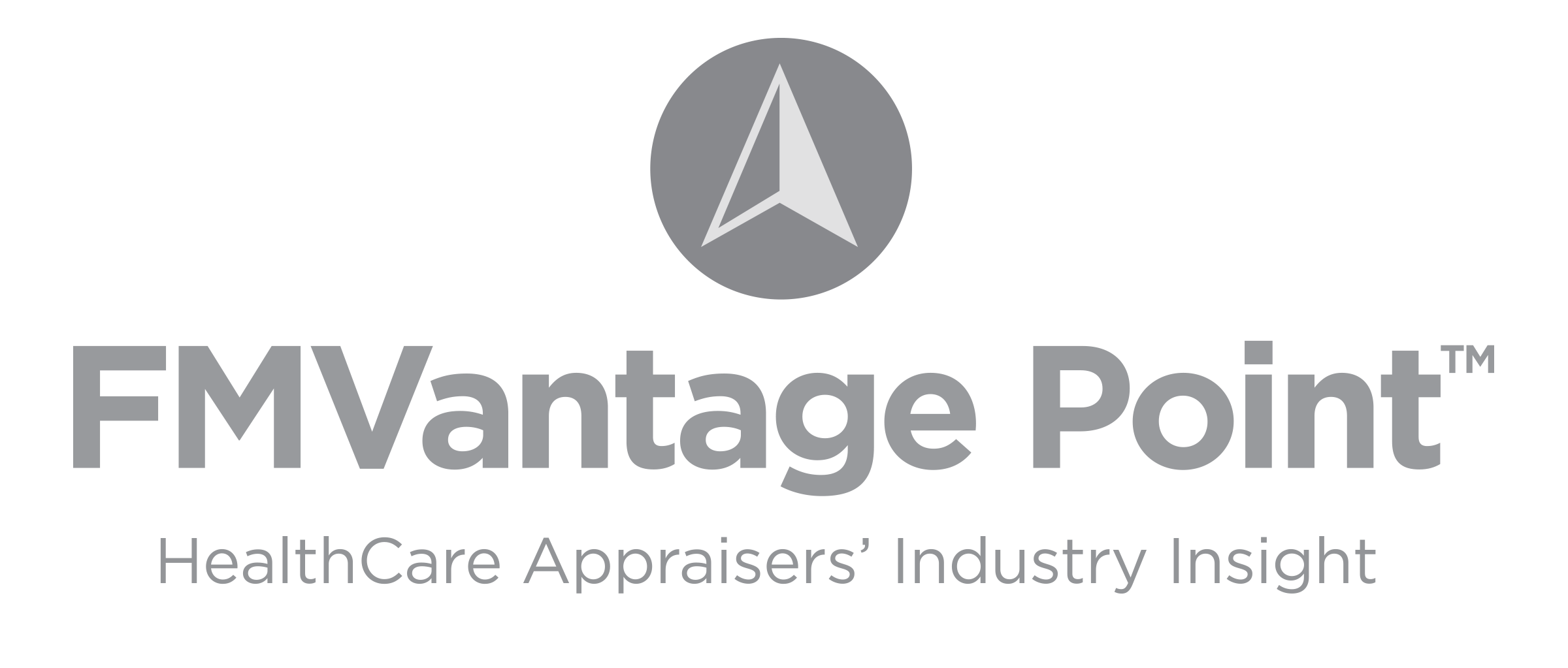Author: C.J. Laird, MEd

ORIGINALLY PUBLISHED BY THE AMERICAN ASSOCIATION OF PROVIDER COMPENSATION PROFESSIONALS
Across all industries, employee benefits are a significant driver of employer to employee relationships. In addition to providing a potential recruiting edge over competitors, the benefits packages offered by employers communicate employee worth, corporate mission and values, and employee retention goals. From generous retirement benefits and flexible work-from-home policies, to paternal and family leave, to on-site health care and childcare, it is evident that employers are continuously pushing the boundaries of benefits packages. Within the healthcare space, however, certain regulations exist that may constrain an employer from offering certain benefits. Of significant importance are the (i) Anti-Kickback Statute (“AKS”), which prohibits the knowing and willful payment of remuneration to induce or reward patient referrals or the generation of business involving any item or service payable by the Federal health care programs[1], and (ii) Physician Self-Referral Law, commonly referred to as the “Stark” law, which prohibits physicians (or their immediate family members) from referring patients to receive designated health services payable by Medicare or Medicaid from entities with which the physician has an improper financial relationship.[2] In considering the impact of employee benefits within the purview of AKS and Stark, it is prudent to recognize that the Internal Revenue Service (“IRS”) has issued non-binding, non-legal guidance to valuation professionals in its Reasonable Compensation Job Aid for IRS Valuation Professionals of October 29, 2014[3] (the “Job Aid”). In particular, the IRS indicated that many benefits, which may not be included on an individual’s W-2, are considered compensation for Federal tax purposes, specifically cited examples of which include:[4]
- Automobile allowance;
- Awards/prizes over $25 in value (gift cards or certificates in any amount);
- Bonuses – cash or noncash;
- Disability payments;
- Educational reimbursements;
- Life insurance over $50,000 in value;
- Memberships in athletic facilities;
- Moving expenses/relocation allowances;
- Reimbursements for loss on sale of houses due to job related move; and
- Vacations (free or discounted).
Based on IRS guidance in the Job Aid, it is clear that benefits offered to an employee should be considered when evaluating the fair market value (“FMV”) of compensation for services that may have AKS or Stark implications. As an example, in October of 2015, the United States Department of Justice (“DOJ”) resolved a $72.4 million settlement in connection with a judgment against Tuomey Healthcare System for illegally billing the Medicare program for services referred by physicians with whom the hospital had improper financial relationships in violation of Stark.[5] One component of the DOJ’s case against Tuomey alleged that Tuomey entered into part time employment arrangements with physicians to whom they provided benefits consistent with full time employment, as well as bonus incentives inconsistent with part-time employment.[6] Similarly, the DOJ reached a settlement of $85 million with Halifax Hospital Medical Center in March of 2013 for violation of Stark. In the case against Halifax, the DOJ argued that certain physicians received benefits including risk-free signing bonuses and vehicle allowances that were not offered to other similarly situated employees of Halifax.
It is important to note that, in both the Tuomey and the Halifax cases, the extension of disproportionately large benefits packages were found to contribute to the creation of an improper financial relationship under Stark. Therefore, the DOJ’s cases against Tuomey and Halifax clearly illustrate that, when considering compliance with Stark and AKS, the Federal government considers the reasonability and magnitude of benefits provided to physicians under employment agreements as a component of FMV compensation.
![]() REGULATORY PITFALL
REGULATORY PITFALL
History shows that the Federal government considers employee benefits when evaluating FMV compensation for purposes of compliance Stark and AKS. While industries continue to push the boundaries of benefits packages, healthcare employers must be careful not to let industry trends overshadow pertinent federal and state regulations. Any valuation of the FMV of compensation paid to a physician should consider both the reasonableness and magnitude of the employee benefits offered. HealthCare Appraisers has extensive experience with physician compensation arrangements as well as significant knowledge of benefits trends across the country and is equipped to provide invaluable insight to employers who seek to offer robust benefits packages while avoiding potential regulatory issues.
[1] Source, last accessed 2/25/22: https://oig.hhs.gov/compliance/physician-education/fraud-abuse-laws/
[2] Id.
[3] Source, last accessed 2/25/22: https://www.irs.gov/pub/irs-utl/Reasonable%20Compensation%20Job%20Aid%20for%20IRS%20Valuation%20Professionals.pdf
[4] The list should not be considered exhaustive
[5] Source, last accessed 2/25/22: https://www.justice.gov/opa/pr/united-states-resolves-237-million-false-claims-act-judgment-against-south-carolina-hospital#:~:text=The%20Department%20of%20Justice%20announced,hospital%20had%20improper%20financial%20relationships.
[6] Business Valuation Resources, BVR/AHLA Guide to Valuing Physician Compensation and Healthcare Service Arrangements: Volume One
